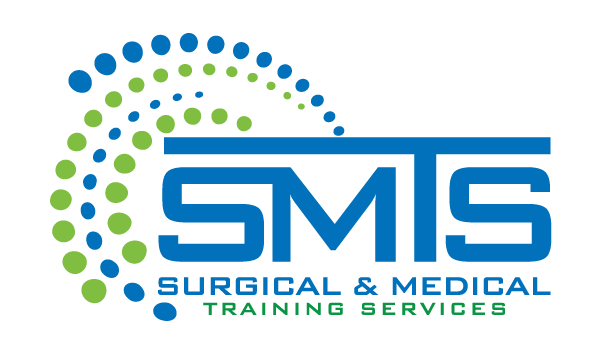The doctor-patient relationship is one that we don’t hear about at dinner parties or on the news. It may not be a topic that is discussed nearly often enough even in professional circles. It should be. Patients rely on their physicians to help them make important, sometimes life-saving decisions about their health. To provide the highest quality advice and treatment, patients must be honest with their physicians. In recent years, research has indicated erosion in the trust that patients have in their doctors. There may be several reasons for this that are outside of the control of the medical system. However, there are steps that healthcare providers can take to ensure they are mindfully building trust in their patients. There may be no time in our lives when this may be more important.
EXPECTATIONS ARE EVERYTHING
According to recent research, approximately 65 percent of patients appreciate the option to interact with their healthcare providers through smartphones and other devices. This is beneficial, seeing that telemedicine may be the future of healthcare. While the majority of patients do not mind skipping their trip to the doctor’s office, they do expect the same customer service they would receive from other service providers, such as their bank or a hotel. When discussing health, this expectation of service is even more vital to optimal outcomes.
What patients want from their doctors includes:
- Authenticity and transparency. If you do not have a clear answer for a patient, they want to know that. It is okay to be uncertain, as long as patients are told the truth. Patients understand their doctors are humans, too, and that they may not have all the answers.
- Active listening. With the emergence of immediate reporting and digital record keeping, patients have felt their relationships with their doctors decline. Doctors need to remember that their patients want to be heard. They want to know that they are being heard. One way to do this is to listen without interrupting and to make eye contact during video chats. Active listening on the telephone includes responding to patients with affirmative words. Active listening indicates true care and concern, which is ultimately what patients want to feel after meeting with their doctor, whether in person or remotely.
- Medical conditions continue to become more complex as people are living longer and facing new intrusions on their health. Patients need to trust their doctors more than they do at this time, and the responsibility to build that trust falls in our court.
SMTS – Surgical & Medical Training Services is dedicated to continued learning and improvement of the practice of medicine. We are pleased to now offer live streaming labs. For more information, click here.

